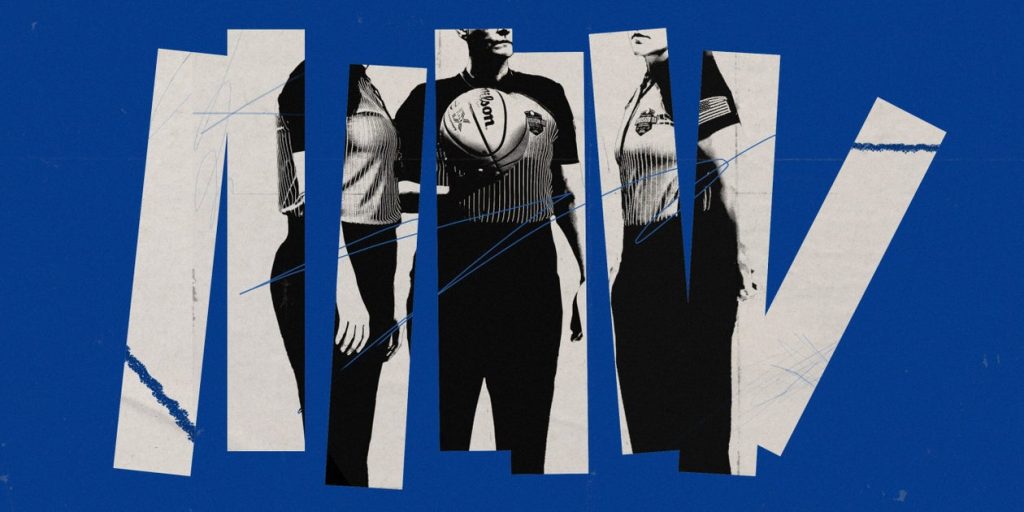A Game of Whistles and Fouls
After the initial quarter, both SMU and Memphis expected the game to settle down. However, with nine fouls called in just 10 minutes, it seemed unlikely. Typically, at the end of each quarter, everyone—including the officials—takes a moment to regroup. Surely, someone in the three-person officiating crew would propose a less stringent approach for the remainder of the match.
Second Quarter Chaos
But in the second quarter, more whistles were heard just 90 seconds into the play, followed by additional calls shortly after. “It was extremely challenging to play free basketball without the constant interruption of whistles,” remarked Ki’Ari Cain, the only Memphis starter to avoid fouling out during the January 2024 game.
Frustration at the Officials
Former SMU guard Reagan Bradley echoed similar sentiments, stating, “It felt like you couldn’t even touch anyone.” Tyler Springs, the commentator for Memphis women’s basketball, described a scene filled with players in disbelief and some confronting referees with visible hostility. “After a while, I just accepted the bizarre flow of the game rather than getting upset,” Springs noted.
A Record Number of Fouls
By the time the game wrapped up, which included two overtime periods, a staggering 75 fouls had been called during a contest that wasn’t particularly physical. The match duration stretched to three hours and 40 minutes, well beyond the usual two hours, resulting in ten players fouling out and 98 free throws. SMU faced such a depleted bench that they managed to win with only four players remaining on the floor, finishing 91-86.
Criticism and Oversight of Officiating
Five days later, during a national video conference, Debbie Williamson—who supervises officiating across various conferences—boasted about a game having “a lot of fouls” but emphasized that the crew’s accuracy was deemed 90 percent. Although she didn’t name the game, many inferred she was referencing the contentious SMU-Memphis matchup.
Wider Issues in Officiating
Though the SMU-Memphis game received some backlash, it didn’t gain the spotlight like other recent officiating controversies, such as the 2023 NCAA championship game that prompted the NCAA to hasten an issuing of a review. With the NCAA tournament approaching, the calls for reform in officiating are becoming increasingly urgent, as many feel the system is facing a critical moment. “There has been much exposure of these issues,” acknowledged a Division I commissioner.
The Need for Systematic Change
The NCAA is in recognition of the need to improve the selection, training, and evaluation of officiating, yet many officials and coaches express a dire lack of transparency, consistent development, and fair treatment in the process. To navigate the complexities ahead, stakeholders advocate for clear communication, equitable compensation, and improved training protocols for officials that align with the game’s growth and the integrity that participants seek.



